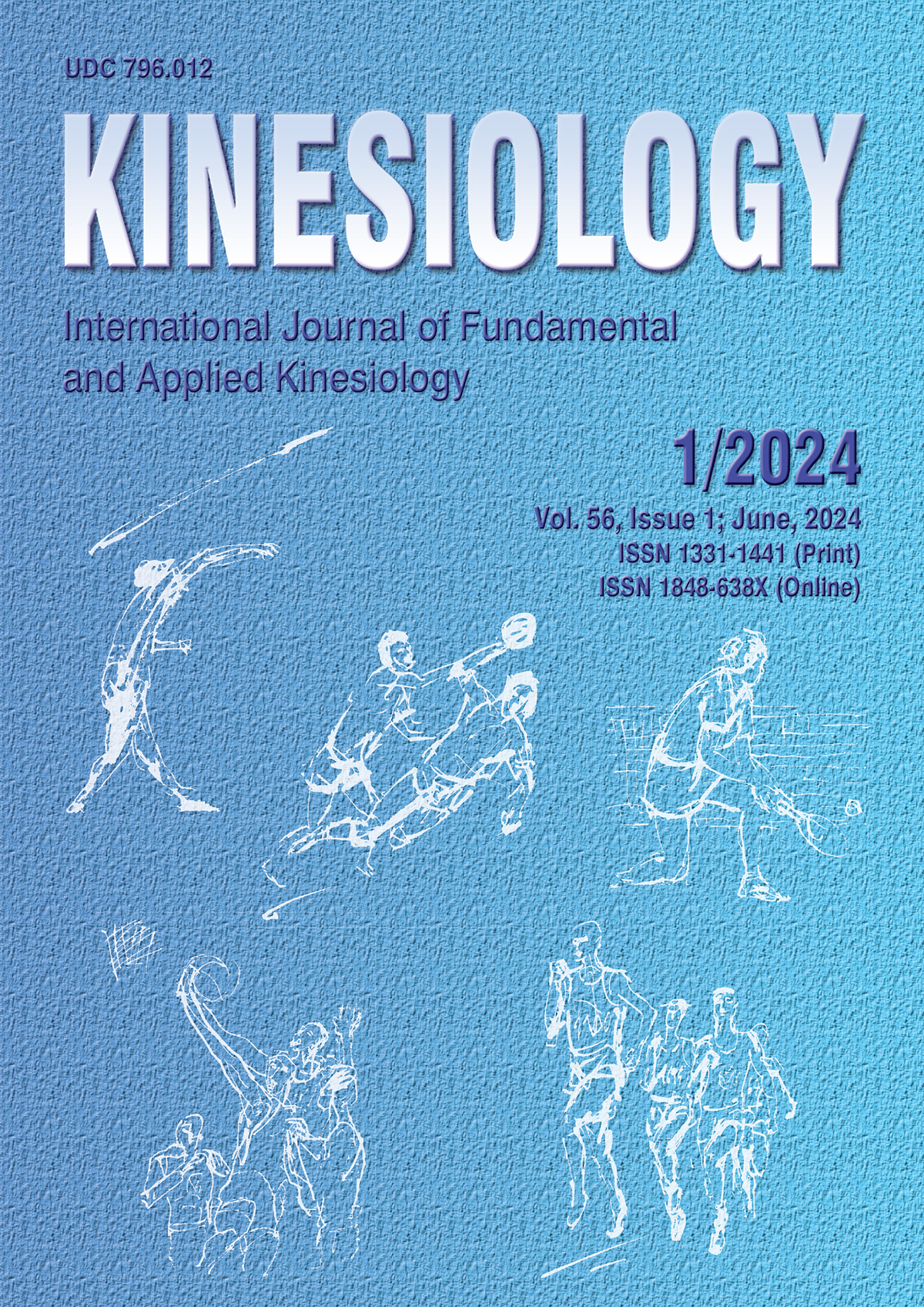THE INFLUENCE OF SPORT-SPECIFIC FACTORS ON SLEEP QUALITY IN YOUNG ELITE ATHLETES: A COMPARATIVE STUDY
Keywords:
Sleep Quality, Adolescents, Elite Sport, Health, Athletes.Abstract
Sleep is a crucial physiological process that promotes human health and well-being. Physical activity and sports participation are known to improve sleep quality in adolescents. The objective was to investigate how the characteristics of different sports affected this relationship in elite athletes. This cross-sectional study analyzed data from 1,831 young Spanish elite athletes (1,059 males and 772 females) from 11 to 20 years old who self-reported their sleep quality using the Pittsburgh Questionnaire and provided information on their sports practice. Technical sports reported significantly better sleep quality than team sports (p=.004, d =- 0.39, small). Additionally, individual competition sports reported better sleep quality than team competition sports (p=.033, d=-0.15, trivial). Differences by the type of metabolism were not statistically significant. Better sleep quality was reported in outdoors training environment sports compared to indoors training environment sports (p=.023, d=-0.11, trivial). The type of sports practiced may influence sleep quality in adolescents and highlights the importance of considering sport characteristics when promoting sleep health. Further research is necessary to explore the underlying mechanisms and to validate these findings across different age groups and populations.
Keywords: sleep quality, adolescents, elite sport, health, athletes
Downloads
Published
How to Cite
Issue
Section
License

This work is licensed under a Creative Commons Attribution-NonCommercial 4.0 International License.
At Faculty of Kinesiology we recognize that access to quality research is vital to the scientific community and beyond. Kinesiology is non-profit journal and all costs of publishing and peer review process are covered by the publisher itself or other funding sources like Ministry of Science and Education of the Republic of Croatia. Full text papers are also available free of charge at http://hrcak.srce.hr/kineziologija. There are no restrictions on self archiving of any form of paper (preprint, postprint and publisher's version).
Articles are distributed under the terms of the CC BY - NC 4.0
Kinesiology does not charge any fees to authors to submit or publish articles in our journal.


